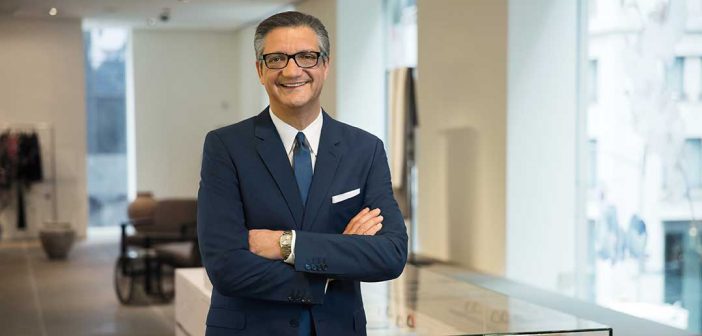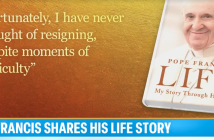As Chairman and CEO of the apparel company PVH, Manny Chirico oversees some of the world’s best-known clothing brands, including Calvin Klein, Tommy Hilfiger, Speedo, Van Heusen, and Izod.
The firm has 35,000 associates of its own, but its supply chains extend around the world into countries like Bangladesh, Pakistan, Ethiopia, and India. Over a million factory workers are affected by the firm’s decisions.
Chirico, GABELLI ’79, PAR ’08, ‘13 a former member of the Board of Trustees and the President’s Council, takes that responsibility very seriously.
“When I talk to our associates I always end by saying, ‘We have to be measured more than just by our balance sheet, or our income statement. We have to be measured by how we conduct business around the world, and how we treat people,’” he said.
For PVH’s commitment to promoting human rights, preserving the environment, nurturing employees, and maintaining transparency with investors, Corporate Responsibility (CR) magazine recently bestowed Chirico the 2016 Responsible CEO of the Year Lifetime Achievement Award.
Chirico called it one of the most gratifying awards he’s won.
“Getting the accolades from an independent third party makes you feel really good, and I think it says a lot about the way we conduct business around the world,” he said.
It’s gratifying, he said, because while the apparel industry is one of the least technical manufacturing industries—and is therefore ideal for providing opportunities to lesser developed countries—the decentralized nature of the industry makes it vulnerable to exploitation by unscrupulous actors.
“If you could figure out how to save 25 cents a unit on the shirts you manufacture, that’s a significant impact, but if you do that by not paying the appropriate overtime, or are using a factory that doesn’t have safe working conditions, those are compromises you can’t make,” he said.
“You can’t be in every factory at every moment in time as if it were your factory, so you have to make sure you’re doing business with partners who share a common set of principles about how things should be done.”
The notion of corporate responsibility that extends beyond the balance sheet has been around since the early 90s, but Chirico said that today, it’s more proactive and not as focused on damage control. For him, it’s also a way to put into action the lessons he learned from growing up in the Bronx and receiving a Jesuit education.
He cites Jesus’ exhortation that, ‘For unto whomsoever much is given, of him shall be much required’ as his inspiration.
“We have all this wealth and prosperity so we have to think about other parts of the world, and people around the world who are not in the same situation,” he said.
“How do we make their lives better?”



